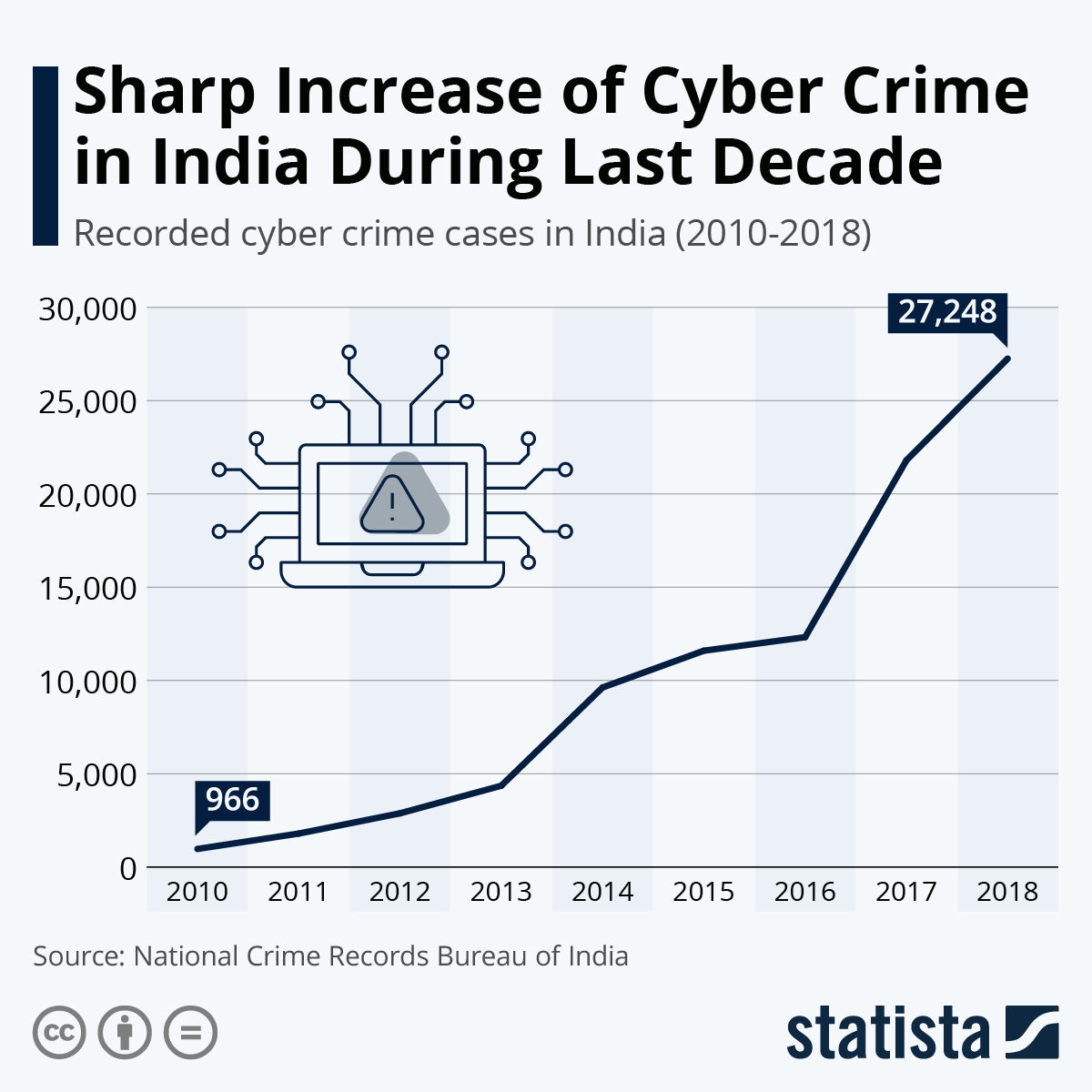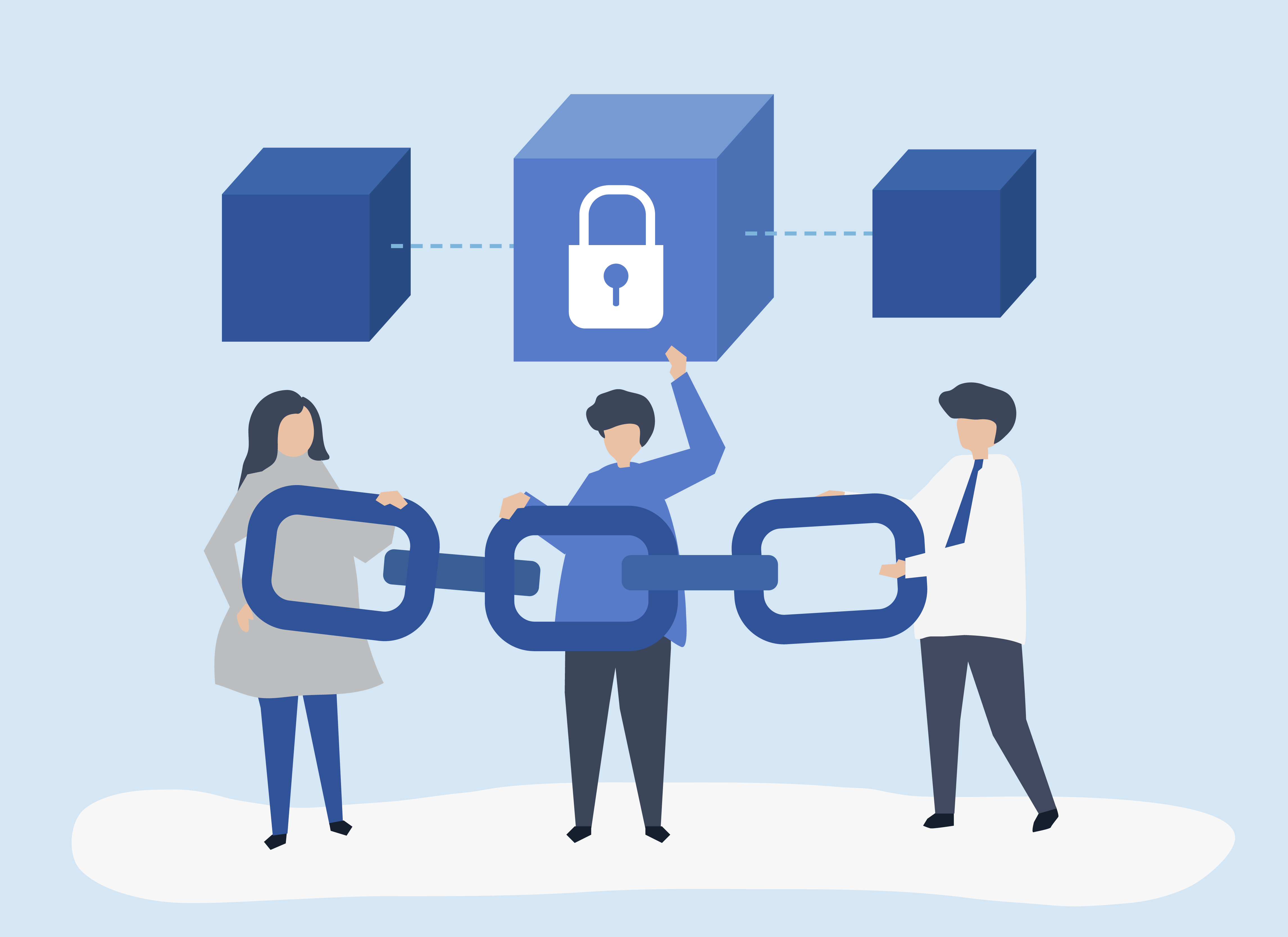Safeguarding Cyberspace: Unveiling the Realities of Cyber Security and Cyber Crime
In today's digital age, where technology permeates almost every aspect of our lives, understanding cyber security and cybercrime is vital for everyone, regardless of their technical expertise. In this comprehensive guide, we'll explore the complex world of online security and the threats posed by cybercriminals, breaking down the concepts into easily digestible information that anyone can grasp.
1. Demystifying Cyber Threats:
- Cyber threats come in various forms, from seemingly harmless viruses to sophisticated hacking schemes. We'll discuss the common types of threats individuals face, such as malware, phishing scams, and identity theft, and explain how each can compromise personal information and financial security.
- Understanding the motives behind cyber crime is essential. Whether it's financial gain, political espionage, or simply causing chaos, cyber criminals operate with specific goals in mind. By recognizing these motives, users can better anticipate potential threats and protect themselves accordingly.
2. Practical Steps for Online Safety:
- Armed with knowledge about potential threats, we'll delve into actionable steps that anyone can take to bolster their online defenses. This includes fundamental practices like using strong, unique passwords for each account, regularly updating software and antivirus programs, and exercising caution when clicking on links or downloading attachments.
- Additionally, we'll highlight the importance of securing home networks, such as setting up firewalls and enabling encryption, to prevent unauthorized access to personal devices and data.
3. Navigating Cyber Incidents:
- Despite our best efforts, cyber incidents can still occur. Knowing how to respond effectively is key to minimizing damage and restoring security. We'll outline step-by-step procedures for responding to common incidents, such as unauthorized account access or suspected malware infections, including whom to contact and how to preserve evidence.
- Moreover, we'll emphasize the significance of maintaining backups of important data, enabling users to recover from cyber attacks with minimal disruption to their lives or businesses.
4. Empowering Individuals and Communities:
- Cyber security is a collective responsibility that extends beyond individual actions. We'll discuss the importance of fostering a culture of security awareness within families, workplaces, and communities, where members share knowledge, report suspicious activities, and support one another in staying safe online.
- By empowering individuals with the tools and knowledge needed to protect themselves, we can collectively create a stronger defense against cyber threats and reduce the likelihood of successful attacks.
5. Embracing Innovation and Ethical Considerations:
- As technology continues to evolve, so too do the tools and tactics used by cyber criminals. We'll explore emerging trends in cyber security, such as artificial intelligence and biometrics, and their potential to enhance online safety.
- However, we'll also address the ethical implications of technological advancements, such as concerns about privacy and surveillance, urging users to advocate for responsible use of technology that prioritizes both security and individual rights.
By elaborating on these fundamental aspects of cyber security and cyber crime, this guide aims to equip everyday users with the knowledge and resources needed to navigate the digital landscape safely. Together, we can work towards a more secure and resilient online environment for all.

Related News
More Latest News and Blog at Tinos
Stay informed with our latest news and blog updates. Tinos access valuable insights and stay ahead in your industry.

Get in touch Today!
Connect with us today! Reach out now to start a conversation and discover how we can assist you.
-
Email Address
support@tinos.co.in
-
Phone
+91 7907358458
.png)



